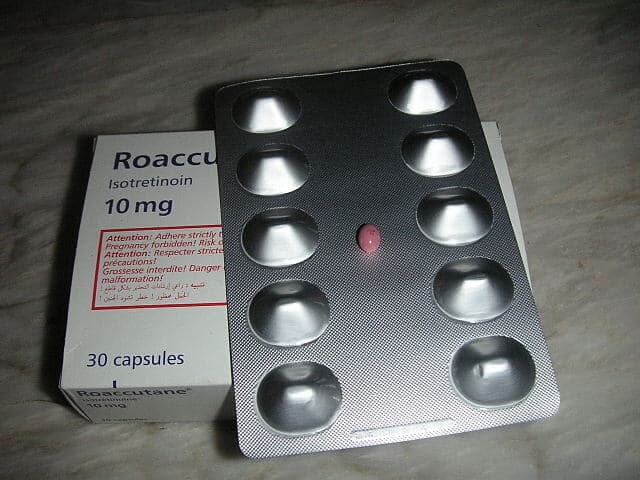Women taking a widely prescribed treatment for acne, known to cause birth defects, are often not fully aware of their contraceptive choices, according to a new study from researchers at the University of Pittsburgh School of Medicine. The findings, published today in JAMA Dermatology, underscore the need to provide women with more information about and greater access to the most effective contraceptives.
For patients suffering from severe acne, isotretinoin, sometimes called by the brand-name Accutane, continues to be one of the most effective medications prescribed.
Because isotretinoin is known to induce birth defects if taken while pregnant, the U.S. Food and Drug Administration strictly regulates its distribution to women of childbearing age through a federal program called iPledge, which requires women to review an educational booklet, complete monthly comprehension tests, use two forms of contraception and take a series of pregnancy tests.
“Isotretinoin is one of the most problematic medications to take during pregnancy; however, efforts to help women avoid pregnancy while receiving this treatment have been relatively unsuccessful,” explained Eleanor Bimla Schwarz, M.D., M.S., director of the women’s health services research unit at the Center for Research on Health Care, Pitt School of Medicine, and senior author of the study. “Our research study was designed to better understand the messages that women receive through the iPledge program about contraception.”
Led by Dr. Schwarz, the researchers interviewed 16 women about their experiences with the iPledge program, including counseling about isotretinoin and pregnancy prevention, past history of contraceptive use, and the role of friends, family and the media in influencing contraceptive choices. The participants also were asked to provide feedback on how to improve pregnancy prevention counseling for other women in the iPledge Program.
Researchers found that women who had participated in the iPledge program clearly understood isotretinoin’s adverse effect on pregnancy. However, the women reported receiving less information about how to effectively protect themselves from unintended pregnancies while using the medication. In fact, no women were fully informed about their contraceptive options, and many had misconceptions about highly effective, reversible contraceptives, such as subdermal implants and intrauterine devices.
“Unfortunately, our medical community has a long tradition of telling women not to get pregnant without equipping them with the tools they need to avoid pregnancy,” Dr. Schwarz notes. “The findings from our qualitative study indicate that dermatologists and other health care professionals need to ensure they are providing comprehensive education and access to contraceptives that will fully protect women from unintended pregnancies while taking this medication.”
The study was supported by Food and Drug Administration grant No. U01FD004253.
If our reporting has informed or inspired you, please consider making a donation. Every contribution, no matter the size, empowers us to continue delivering accurate, engaging, and trustworthy science and medical news. Independent journalism requires time, effort, and resources—your support ensures we can keep uncovering the stories that matter most to you.
Join us in making knowledge accessible and impactful. Thank you for standing with us!

